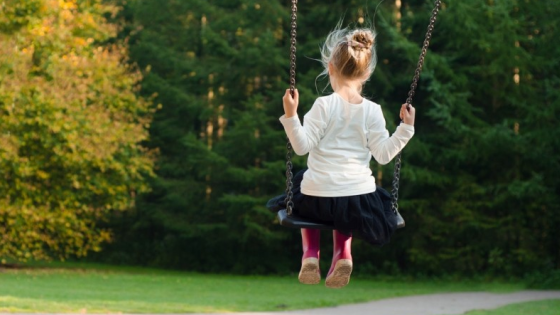Coping with change can always be tricky. Even as an adult, adjusting to something new can be hard. You might find it confusing or upsetting, and you can start to question yourself and wonder if you have done the right thing or made the right decision.
For children, changes can be much more frightening. Whether it’s a small change like getting used to life after a holiday or something bigger like living after a marriage annulment or moving house, children can find it hard to understand. They might not know why things have changed, they might not like it, and they can find it hard to just carry on as usual.
Children’s behaviour often suffers after even a small change at home. They might lash out, become emotional or anxious. They may struggle to sleep or become easily upset. It’s our job as parents to help them adjust.

Explain as Much as You Can
Even very young children know when something has changed. They pick up on different atmospheres and moods, and without understanding, they are affected. Children are often aware of much more than we think they are, and even if you try to protect them, or hide things from them, they will know that something is wrong.
So, explain what you can. How much you tell them will depend on their age and maturity, and you are the best person to make that judgement. But, don’t just try to keep them in the dark.
Don’t Tell Lies
Explaining doesn’t have to mean telling them everything. If someone is sick, or you are going through a breakup, you don’t need to tell them all of the gory details; there’s certainly no need for that. But you shouldn’t lie to them. Trust is a crucial part of your relationship with your child, and lying is never a good idea.
Encourage Questions
With honesty in mind, you should encourage questions. They’ll probably have a lot of questions, and want to know more. Encourage them to ask and promise that while there might be some things that you can’t tell them right now, you won’t lie to them. If they ask anything that you don’t know the answer to, spend some time trying to find out more together.
Try to Maintain a Routine

Routine is important to children, and while some things have to change, keep as much as you can the same. This can include going to school, bedtimes, meal times, and other day to day events. This can help them to feel more stable and secure.
Have Fun
You might be upset or struggling to adapt too, if the change that you are experiencing is life-altering. But, you must take the time to have fun with your kids, to show them that life will go on and that it’s ok to laugh and smile, even when you are sad. Do some home baking, have a family movie day, get messy with crafts, or go to the park. Even these small things can improve mood.
